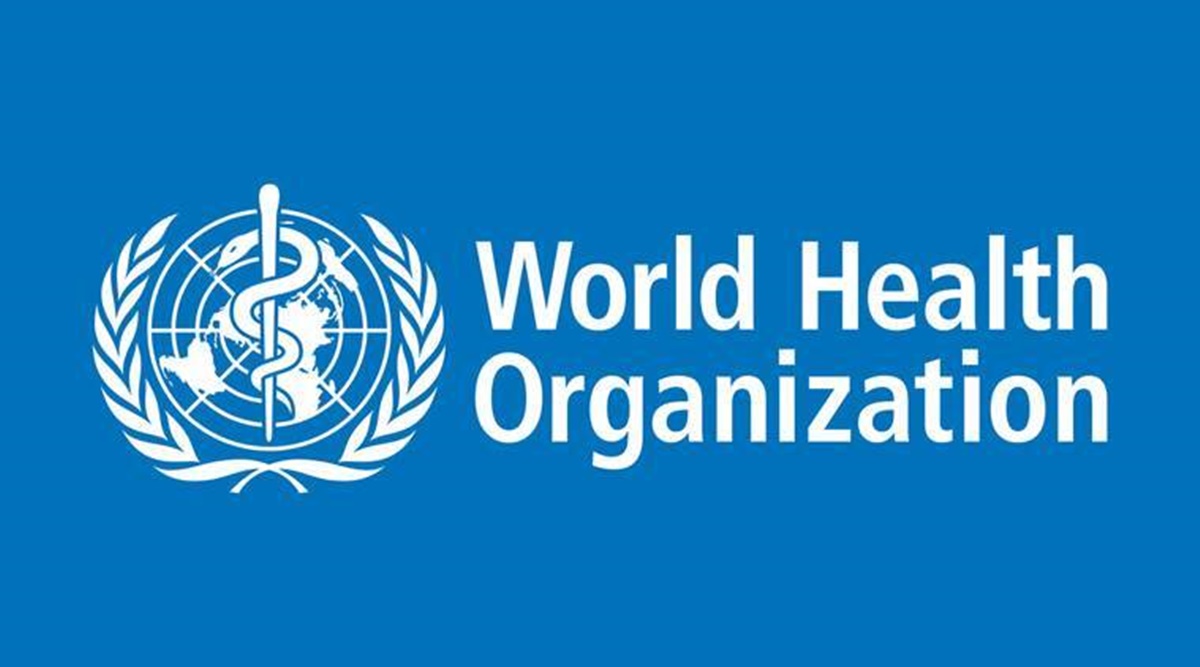For Tax Deductible Donations And Purchases, Please Visit www.firstsight.org
Jambo and Karibuni! My name is Nizar Mamdani. I was born in a small town in Tanzania, East Africa and was educated in both Tanzania and Japan. Along with my wife, Marsha Mamdani, Ph.D., we established First Sight LLC, a philanthropic organization dedicated entirely to revolutionizing global vision care by providing affordable and accessible eyeglasses in under ten minutes. Tens of thousands of First Sight’s high-quality eyeglasses have already been distributed in 31 countries. Click Here
We believe that your individual or your organization’s commitment to improving lives aligns seamlessly with our mission. By integrating First Sight eyeglasses into your programs, together, we can take a significant step toward enhancing educational outcomes and overall quality of life for those affected by vision problems.
First Sight is a groundbreaking initiative dedicated to addressing one of the most common yet overlooked challenges in developing regions: vision impairment. Our solution is uniquely tailored to meet the needs of individuals in areas with limited resources.
Clinically tested by a major medical center, First Sight eyeglasses are a testament to simplicity and efficiency. Here’s what makes them ideal for your programs:
Lorem ipsum dolor sit amet, consectetur adipiscing elit. Ut elit tellus, luctus nec ullamcorper mattis, pulvinar dapibus leo.
 The Problem
The Problem
85% of children’s learning is visual, yet 10%-12% of children worldwide struggle to see the board clearly.
The Solution
The Impact
How You Can Help
First Sight is a low-tech, foolproof, high impact, three-step process affording the following advantages:
Clinically validated by the University of Nebraska Medical Center
Non-professionals can do visual screening and fit prescription eyeglasses
Deliver prescription eyeglasses and just 10 minutes.
Can be used in any venue, indoors or outdoors
Good eyesight is a fundamental, universal necessity, and its absence affects families and communities on a large scale.
WHO identified 6 barriers to overcoming this dire Vision Crisis faced by so many communities.
The Department of Ophthalmology at the University of Nebraska Medical Center (UNMC) conducted rigorous tests to determine the accuracy and effectiveness of the First Sight process and techniques.
Hello Nizar,
I am writing to express my gratitude and appreciation for First Sight. Your company has been a tremendous partner for AdventHealth Global Missions teams, who provide health care services to underserved communities in Peru and Kenya. Thanks to your innovative vision screening and eyeglass making kits, we have been able to help hundreds of patients improve their eyesight and quality of life. Your kits are easy to use, affordable, and durable. They have made a huge difference in our work and in the lives of the people we serve.
We love First Sight and we will never take a trip again without your kits. We also tell everyone we can about your amazing products and mission. You are truly making the world a better place. Thank you for your support and collaboration. We look forward to working with you again soon.
Sincerely,
David Kennedy
Executive Director of Mission Integration, AdventHealth Mid America
Please also visit www.firstsight.org for Donations